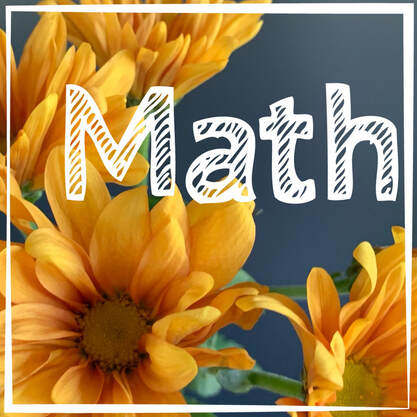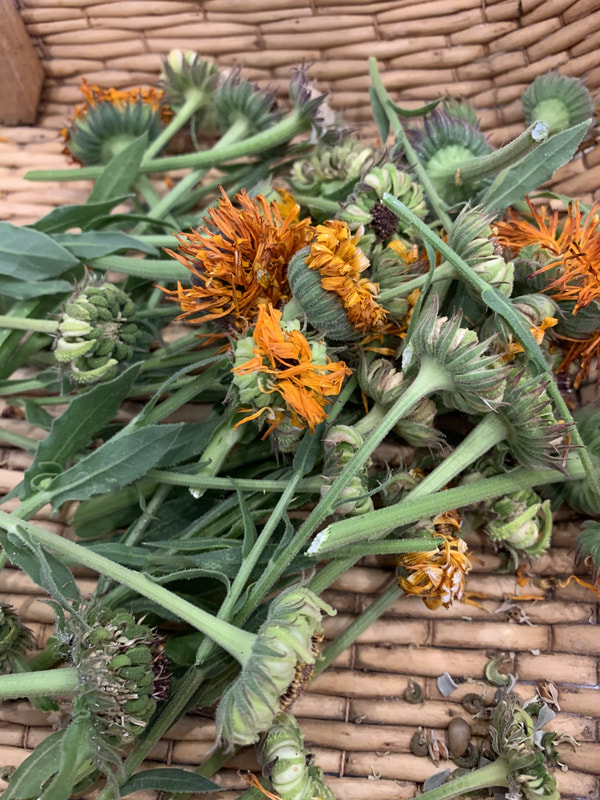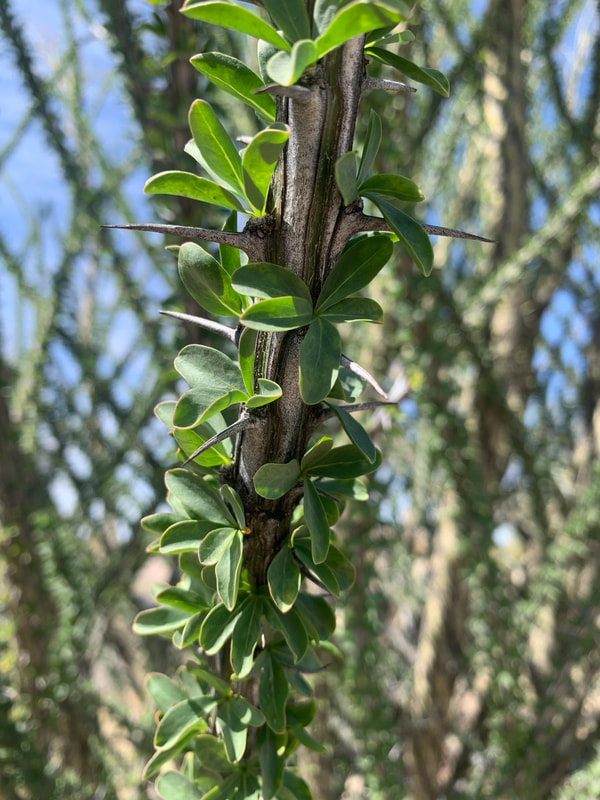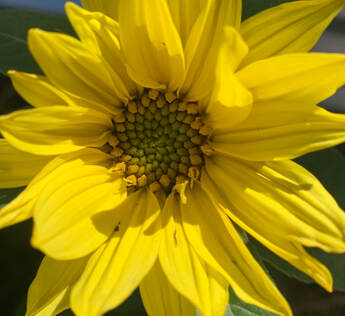|
During my undergraduate studies, there was a Mathematics class where we had the discussion of whether Mathematics was a human invention, or if it was already created in the Universe. There are those of us who may fall into one category, or the other. There are also those who are in-between. What I hope cannot be disputed, emphasis on hope, is that the behavior of patterns was in practice before we existed. In describing this behavior, the written and documented application came forth as a universal language that is called Mathematics. Whether we speak a different spoken language, or come from a different part of the world, we both can speak and apply Mathematics because it is a language we can both understand, without things being lost in translation. Having said this, for Physics and Quantum Physics, I completely understand if you do not agree with me here if you feel Mathematics may have limitations, but so does everything else. Context just may be the birthplace of applying limitations. In all things, it is a language that applies to describe the behavior of the Universe in terms of numbers, patterns, and geometries, regardless of where we call home. In my philosophy, the behavior of patterns was already in existence. I could not imagine a human being teaching a bee, for example, on effective methods of building hexagonal shaped compartments within the hive for better storage. These were practices over a span of time, passed down from generation to generation, that bees have understood for their own survival and wellbeing. The same can be understood botanically. Botanically speaking, plants have learned and adapted over time on which patterns and geometries produce the best results of being pollinated, creating the best nectar, for thriving growth, and reproduction under changing conditions, or within their sustained environment. Both animal kingdom and plant kingdom practice this dance of patterns, if you will, that is this intelligent composed music of the Universe. What we have done is write down the notes, played it to listen for our own understanding and experience, and painted the picture using the language of Mathematics. In order to continue to dance in harmony and melody, we continue to observe, continue to learn from our Botanical teachers, and protect what was already thriving, before we existed, so that this can continue in existence for generations to come. Many Blessings
0 Comments
Time to collect blossoms of Calendula officinalis. I gather both the blossoms and seeds. Working from my own garden for my own blends and for my own household. Checkout the YouTube video on the lesson that Calendula has taught me! Remember to subscribe.
Many Blessings Ocotillo-Fouquieria splendens is in full bloom right now. She is a great Plant Ally of the Sonoran Desert teaching us about relationships and healthy boundaries ❤️ . She is a great Plant Ally of the Sonoran Desert teaching us about relationships and healthy boundaries ❤️
Many Blessings The Sunflower is part of the Helianthus genus and the Asteraceae family. Sunflowers are very accessible, both in cities and in rural areas of North America. If you have ever grown your own Sunflowers, purchased them at the grocery store, or picked them from the farm, you may understand when I say how they spread joy and happiness to those around them. They brighten the area like the Sun. The Sunflowers, via stretching their stems, actually do follow the path of the Sun. The path of following the Sun from East to West is called rhythmic tracking and allows for optimal growth for the Sunflower (Crespi, 2016). There have been further studies on Sunflowers who face East versus West. Those facing East have increased visits from pollinators, such as bees, during the daytime. The increase is so profound, that it is five times more than those not facing the same direction (Crespi, 2016). At the very center of the Sunflower, there are also two spiraling systems that begin from the center. With what we know about symmetrical growth in Nature, one would assume that the spiraling effect in Sunflowers also follows the same rule, but it does not. The number of spirals from the center, that are both clockwise and counterclockwise, are not equal in number. The ones who did have the time to count the number of clockwise and counterclockwise spirals noted that those numbers are true to showing the pattern of successive Fibonacci numbers. “The number of spirals in two directions may be 21 and 34, or they may be 8 and 13” (Hemenway, 2005). Fibonacci Sequence: 0, 1, 1, 2, 3, 5, 8, 13, 21, 34, 55, 89, 144, 233, 377, 610, 987, 1597, 2584, 4181, 6765, 10946, 17711, 28657, 46368, 75025, 121393, 196418, 317811, ... What is fascinating is that our Sunflowers- Helianthus spp. follow this Mathematical system of numbers in the Fibonacci sequence and also follow a rhythmic system. These are patterns that are part of their health, their wellbeing. Before you venture out into the garden, the grocery store, or to the local farm, think about observing like a Mathematician, or Scientist. Think about growing your own Sunflowers at home. Make observations and find more stories that Helianthus spp. wants to share on how to live in the patterns of Mathematics in Nature. Many Blessings References: Heatherley, A. (1998). Healing Plants: A Medicinal Guide to Native North American Plants and Herbs. (pgs. 211-212). The Lyons Press. Hemenway, Priya. (2005). Divine Proportion: Phi in Art, Nature, and Science. (pg. 137). 1st edition. Sterling Publishers. Crespi, S. (April 2016) Science Magazine: Why Young Flowers Follow the Sun. https://www.sciencemag.org/news/2016/08/why-young-sunflowers-follow-sun |
AuthorI am not the first, nor the last of expressing and sharing the beauty of mathematics in Nature. What I will share in this blog are thoughts, experiences, and lessons learned to validate life, both human and botanical, living mathematically. Archives
September 2021
Categories
All
|





 RSS Feed
RSS Feed
